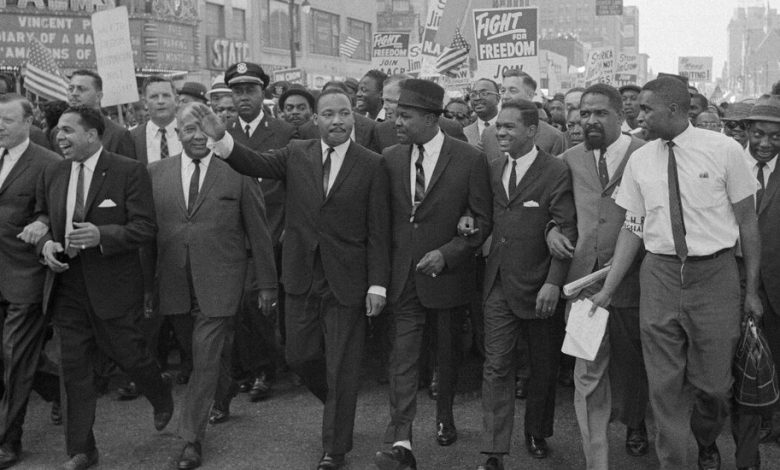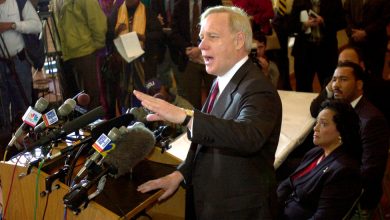Martin Luther King Jr. Wasn’t a Lone Messiah

Almost 56 years after his death, the Rev. Dr. Martin Luther King Jr. stands apart from the other civil rights leaders of the 20th century. He was the most visible, the most frequently heard and seen on television and, in many ways, the most creative in his approach to fighting American apartheid. King loomed so large in his time that he fueled the F.B.I. director J. Edgar Hoover’s paranoia that a Black messiah would emerge to provoke this nation’s oppressed Black masses to revolution.
But King was far from a lone messiah. A young man of tremendous and urgent ambition — King was just 26 years old when he organized the Montgomery, Ala., bus boycott in 1955 — he built a movement more collaboratively than history gives him credit for.
Among those who took inspiration from King was Medgar Evers; they and Malcolm X formed what James Baldwin called the great trio of the civil rights movement. The connection between Evers and King has been lost to history. These two men, close in age but working for different organizations with different approaches to the civil rights movement, intersected in ways that lay bare the challenges the movement faced, particularly in the South, as it balanced the competing interests of Black Americans in cities with those of rural sharecroppers, donors, competing civil rights groups and politicians in Washington.
Evers, the then-32-year-old Mississippi field secretary for the N.A.A.C.P., first wrote to King in 1956, hoping to bring him to his home state. A World War II veteran, he had returned from fighting fascism in Europe determined to fight for “first-class citizenship” for Black citizens at home. Evers joined the N.A.A.C.P.’s staff after being refused admission to the University of Mississippi Law School, despite the Supreme Court ruling that it could no longer be segregated.
We are having trouble retrieving the article content.
Please enable JavaScript in your browser settings.
Thank you for your patience while we verify access. If you are in Reader mode please exit and log into your Times account, or subscribe for all of The Times.
Thank you for your patience while we verify access.
Already a subscriber? Log in.
Want all of The Times? Subscribe.




